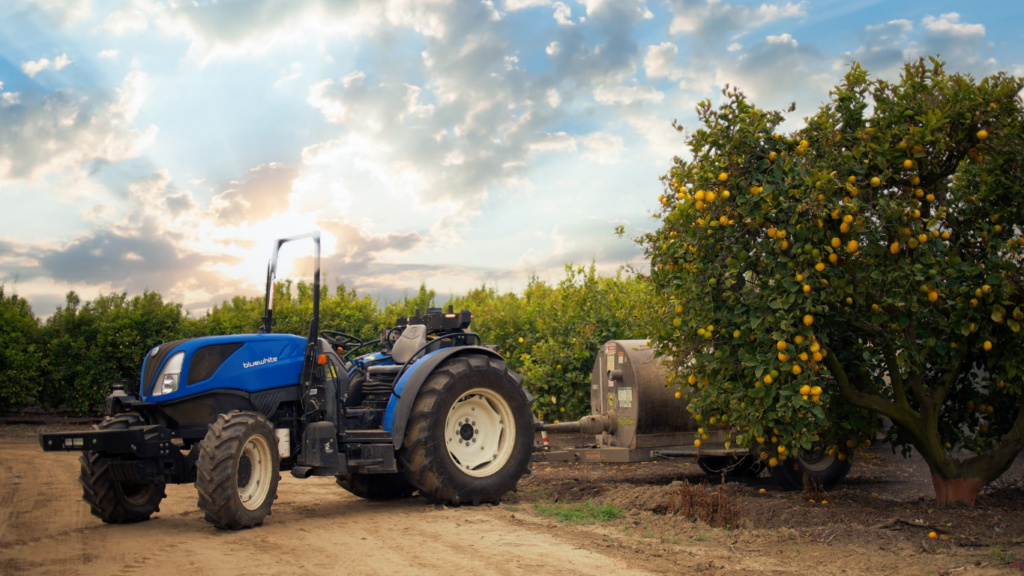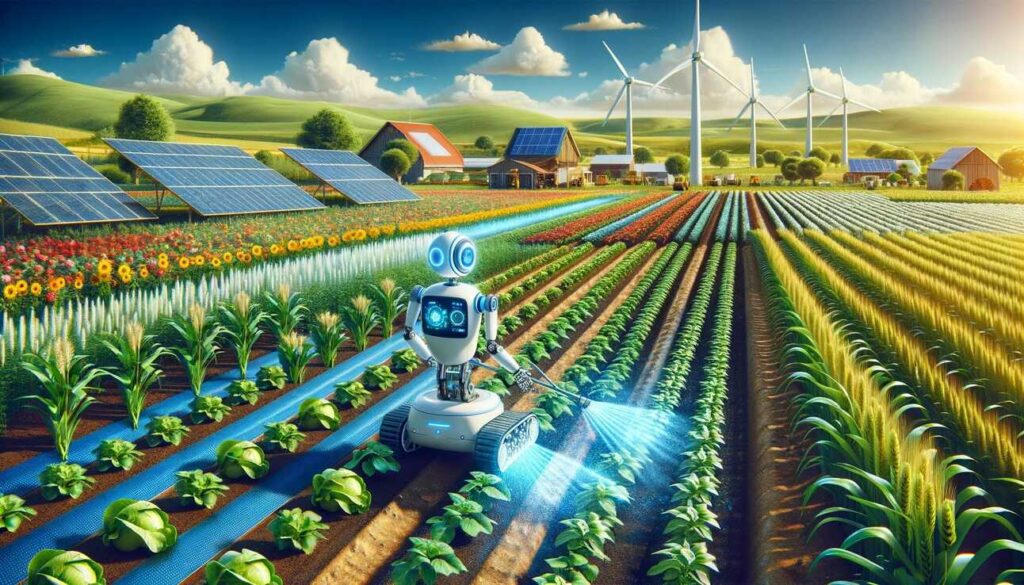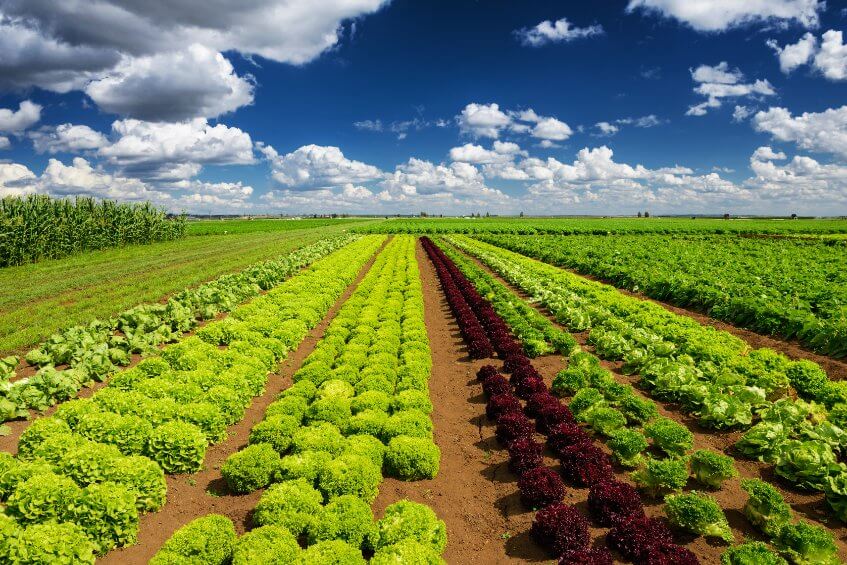As Canada’s agricultural industry evolves, a growing focus on sustainability and innovation is transforming traditional farming practices. The country’s farmers and agricultural researchers are actively working to reduce environmental impacts, improve resource efficiency, and enhance productivity to meet the demands of a changing climate and global market. In this article, we explore The Future of Agriculture in Canada: Sustainability and Innovation, highlighting the advancements in sustainable farming practices and the innovative technologies shaping Canadian agriculture for generations to come.
1. Sustainable Farming Practices: Reducing Environmental Impact
Sustainable agriculture focuses on methods that balance productivity with environmental stewardship. Canadian farmers are increasingly adopting eco-friendly practices to preserve soil health, reduce water use, and protect biodiversity.

Key Sustainable Practices in Canadian Agriculture:
- No-Till and Conservation Tillage: By limiting soil disruption, no-till farming helps reduce soil erosion and maintain organic matter. Conservation tillage also improves water retention and reduces carbon emissions from agricultural machinery.
- Crop Rotation and Cover Cropping: Crop rotation cycles different crops on the same land to balance nutrient use, control pests, and improve soil health. Cover crops help prevent soil erosion, improve water quality, and increase biodiversity on farmland.
- Integrated Pest Management (IPM): IPM emphasizes natural pest control by using biological predators and resistant plant varieties, reducing the need for chemical pesticides. IPM methods help maintain a healthier ecosystem and protect pollinators critical to Canadian agriculture.
2. Technological Innovations Transforming Canadian Agriculture
New technologies are paving the way for more efficient, productive, and sustainable farming. From artificial intelligence to advanced robotics, technology is helping Canadian farmers monitor crop health, manage resources, and increase yields with minimal environmental impact.
Innovative Technologies Shaping the Future of Agriculture in Canada:
- Precision Agriculture: Precision agriculture uses satellite imaging, GPS, and AI to manage crops and soil with pinpoint accuracy. By providing data on moisture levels, nutrient needs, and crop health, this technology helps farmers apply fertilizers and pesticides only where needed, reducing waste and environmental impact.
- Automated Machinery and Robotics: Autonomous tractors, drones, and robotic harvesters are revolutionizing Canadian farms. These machines can perform repetitive tasks like planting, harvesting, and monitoring, saving time, labor, and resources.
- Vertical Farming and Hydroponics: In urban areas, vertical farming and hydroponics allow crops to grow in stacked layers or nutrient-rich water instead of soil. This approach uses less land and water, making it ideal for densely populated regions with limited farmland.

3. Climate Resilience and Carbon Management
Climate change is a significant challenge for Canadian agriculture, as it affects weather patterns, growing seasons, and water availability. Canadian farmers are implementing practices and technologies that not only protect crops from extreme conditions but also help manage carbon emissions and reduce the agricultural sector’s carbon footprint.
Approaches to Climate Resilience and Carbon Reduction:
- Climate-Resilient Crop Varieties: Researchers are developing crop varieties that are more resilient to drought, heat, and cold. These crops can withstand unpredictable weather, providing reliable yields even in challenging conditions.
- Soil Carbon Sequestration: Practices like no-till farming, cover cropping, and agroforestry increase soil organic matter, which captures and stores carbon dioxide. By improving soil health, these practices help mitigate climate change while supporting plant growth.
- Renewable Energy on Farms: Many Canadian farms are adopting renewable energy sources, such as wind, solar, and bioenergy, to reduce reliance on fossil fuels. Renewable energy solutions can power farm machinery, irrigation systems, and heating for greenhouses, lowering operational costs and emissions.
4. The Role of Policy and Research in Agricultural Innovation
Government support and research institutions play a critical role in advancing sustainable and innovative agricultural practices in Canada. Programs like the Canadian Agricultural Partnership provide funding and support for research, technology adoption, and eco-friendly initiatives.
Notable Programs and Policies:
- Canadian Agricultural Partnership (CAP): CAP is a federal-provincial-territorial initiative that offers funding to support sustainable agriculture, climate adaptation, and research in innovation. The program has contributed millions to help Canadian farmers embrace new technology and improve environmental outcomes.
- Smart Farming and Data Research: Government agencies and agricultural universities are conducting research to improve crop genetics, sustainable farming techniques, and digital technologies. Collaborations with private tech companies also foster the development of precision farming and automation.
- Carbon Pricing and Emission Reduction Incentives: Carbon pricing policies encourage farmers to adopt low-emission practices, and incentives are available for projects that reduce greenhouse gas emissions or sequester carbon. These policies align with Canada’s goals to achieve net-zero emissions by 2050.
The Future Outlook: A Greener Path Forward for Canadian Agriculture
The future of agriculture in Canada is one of balance—meeting food demands while minimizing environmental impacts. With advancements in sustainable practices and technologies, Canadian farmers can reduce greenhouse gas emissions, conserve natural resources, and produce food more efficiently. From precision agriculture to climate-resilient crops, these changes will create a more resilient and environmentally conscious agricultural sector.
As the industry continues to grow, collaboration among farmers, researchers, and policymakers will be crucial in fostering a sustainable and innovative agricultural ecosystem. Together, these efforts contribute to a future where Canadian agriculture not only feeds the nation but also protects the planet for future generations. By investing in sustainability and embracing innovation, Canada’s farmers are poised to lead the way in sustainable food production.

